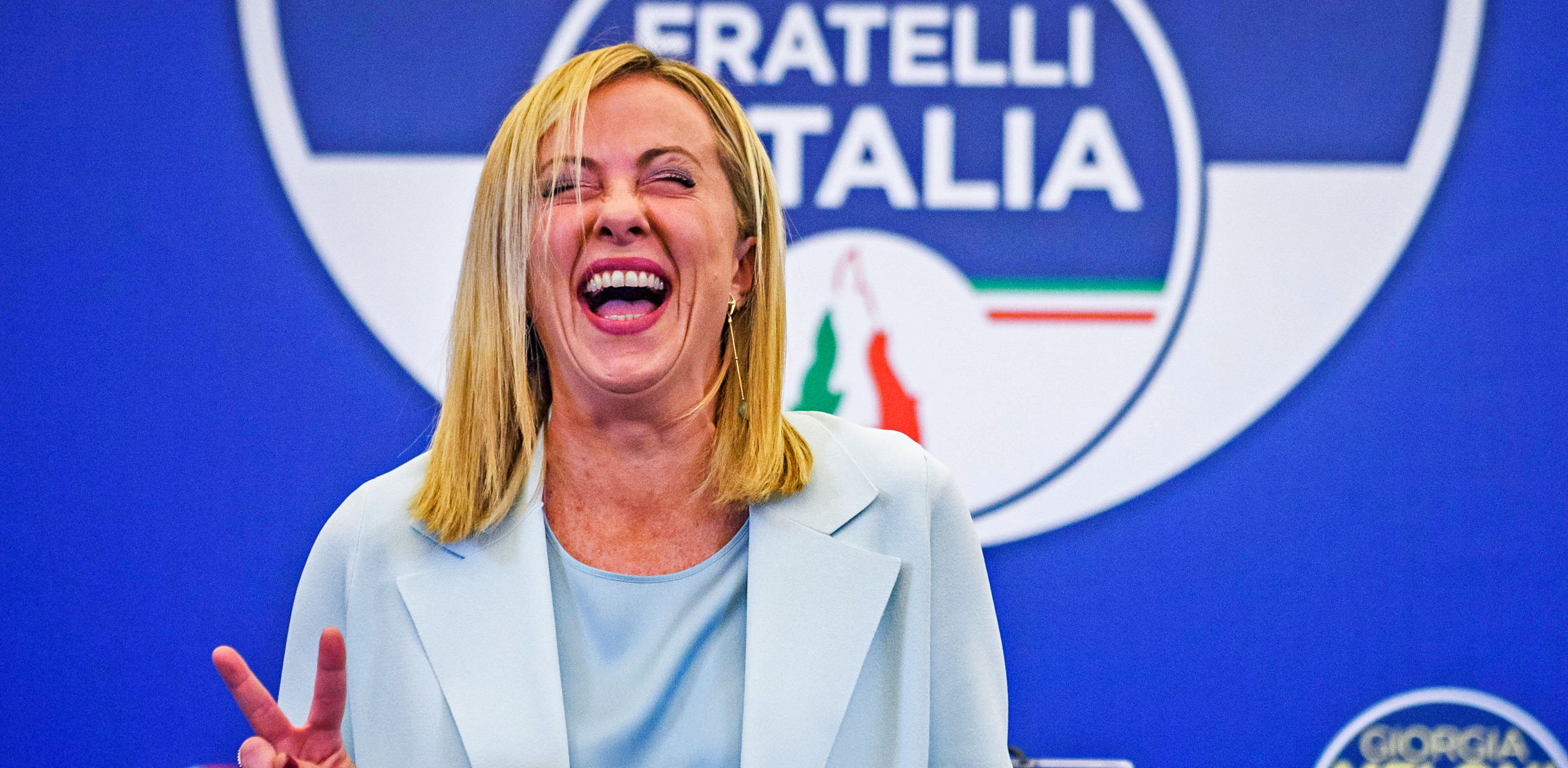The recent news cycle has been dominated by the election successes of Right-wing parties in Europe, from the Sweden Democrats to Giorgia Meloni’s Brothers of Italy.
But something is afoot in other countries as well. Driven by farmers’ protests in the Netherlands, the Farmer-Citizen Movement (BBB) that was barely scraping 1% of the vote in the last election is now polling neck-and-neck for second place with Geert Wilders’s Party for Freedom. Similarly in Germany, the AfD (Alternative for Germany) is making a strong showing in the polls, rising by 5% to 15%.
The question, however, is whether or not these parties have any capability to rule once they are in government. ‘Right-wing’ has become such a broad term that it often blinds us to the significant differences among right-of-centre European parties.
The most interesting case might be Sweden, which just a few days ago formed its new government. Officially, the ruling coalition consists of the so-called Moderate Party, the Christian Democrats, and the Liberals. The Sweden Democrats — despite being the second largest party after the Social Democratic Party — are not officially part of the government. But they are the ones who can provide the needed votes for everything the new prime minister Ulf Kristersson wants to accomplish.
They have already driven a hard bargain under the leadership of Jimmie Akesson — both symbolically and practically. On the symbolic front, Sweden has given up calling its conduct in international affairs “feminist foreign policy,” an obvious nod to the anti-woke agenda of the Sweden Democrats. On more practical issues, the country will cut its refugee quota from 5,000 people to 900 per year, reduce international aid, and introduce identity checks to limit illegal immigration. There is also a push for a major crackdown on criminal gangs, including the right of the government to deport foreign individuals for being a gang member. Additionally, for the first time in 35 years, the new government in Stockholm will not have an environment ministry, moving its agendas to the ministry for “Energy, Business, and Industry.”
Over in Italy, Giorgia Meloni has just been sworn in as the country’s first female Prime Minister. Despite the overblown fears of the return of fascism, it is as yet unclear what to expect of the new government. Meloni is obviously a cultural conservative, but Italy’s problems go beyond cultural decline. It is one of the most heavily indebted countries in Europe, and its economy has to a significant extent been held up by actions of the European Central Bank.
Limiting immigration will be a key element, and together with the somewhat vague desire for a neo-Renaissance in the arts, her government is much less populist than the mainstream media would have us believe. She has come out as an ardent supporter of NATO, Italy’s EU membership, and in matters related to the environment even the green parties of Europe might be envious: Meloni wants tariffs on products originating outside the EU that do not live up to certain environmental standards, and in energy questions she wants programmes that encourage “virtuous behaviours” in regard to energy savings. The new government even intends to promote dietary habits to convince people to consume more locally produced food and fewer imported goods.
This stands in stark contrast to the Dutch Right-wing leader Geert Wilders of the Party for Freedom. Although he also opposes immigration, particularly from Islamic countries, he is an economic liberal who is critical of the welfare state and high taxation. Wilders is also improving in the polls, together with the Farmer Citizen Movement which is surging due to the ongoing conflict between the government’s environmental goals and the agricultural sector.
The problem many populist Right-wing parties in Europe still have is that too often they are perceived as mere protest groups, channelling the desire of voters to punish other parties, without executing any serious programme. Nevertheless, the examples of Viktor Orbán’s Fidesz in Hungary and the Law and Justice Party in Poland show that it is possible to effect significant change once in office.
It is too soon to tell where the European Right will ultimately go, but one thing is for sure: the issues on which they are campaigning are going to become more, not less, prominent in political life. Whoever can capture them the best will be handsomely rewarded at the ballot box.











Join the discussion
Join like minded readers that support our journalism by becoming a paid subscriber
To join the discussion in the comments, become a paid subscriber.
Join like minded readers that support our journalism, read unlimited articles and enjoy other subscriber-only benefits.
Subscribe